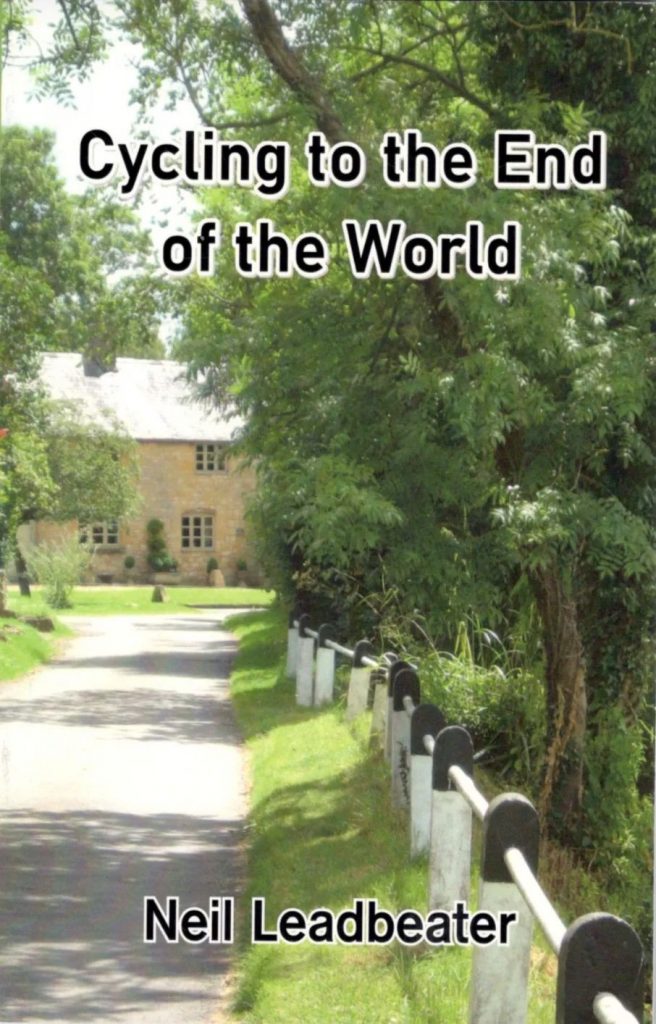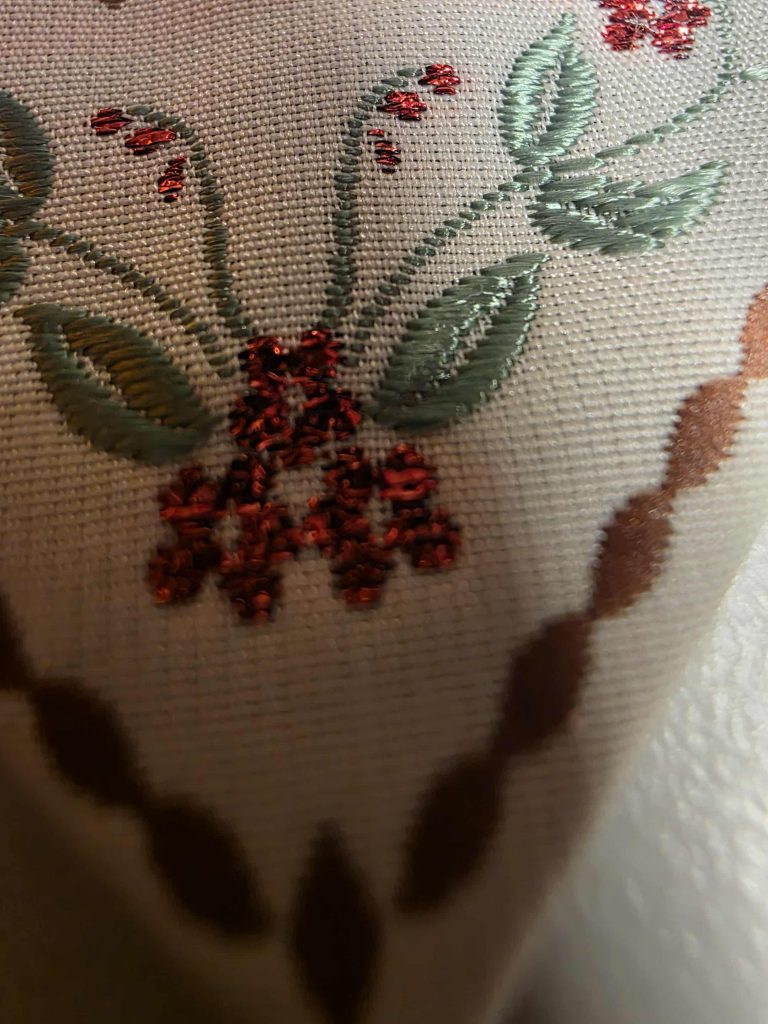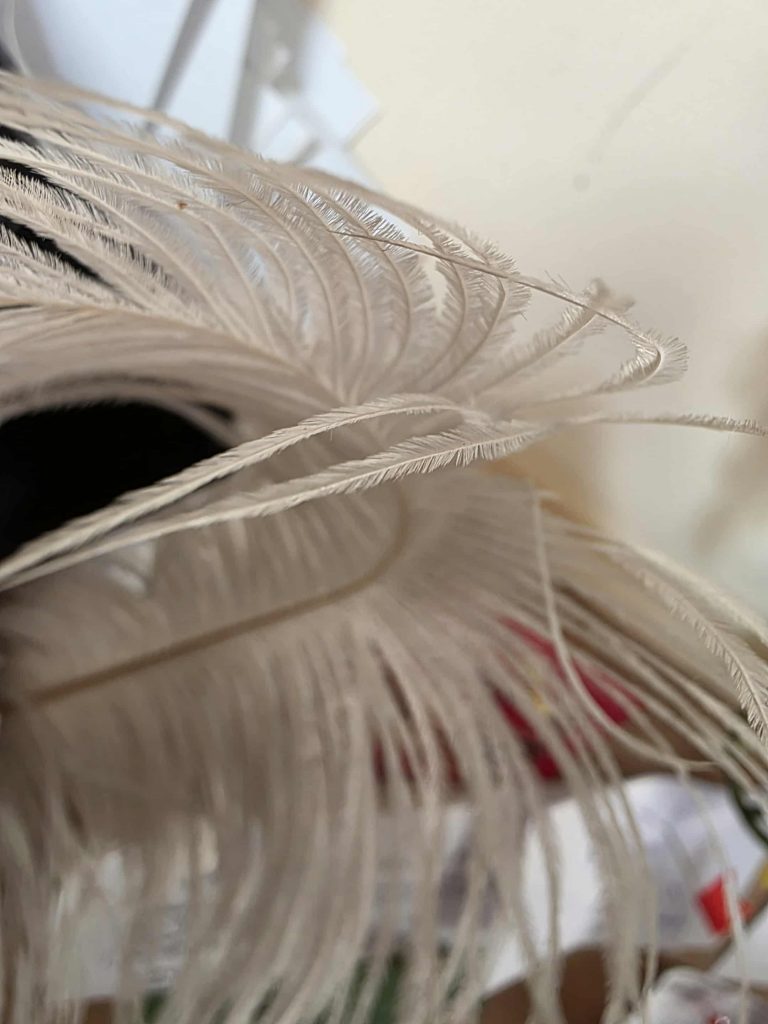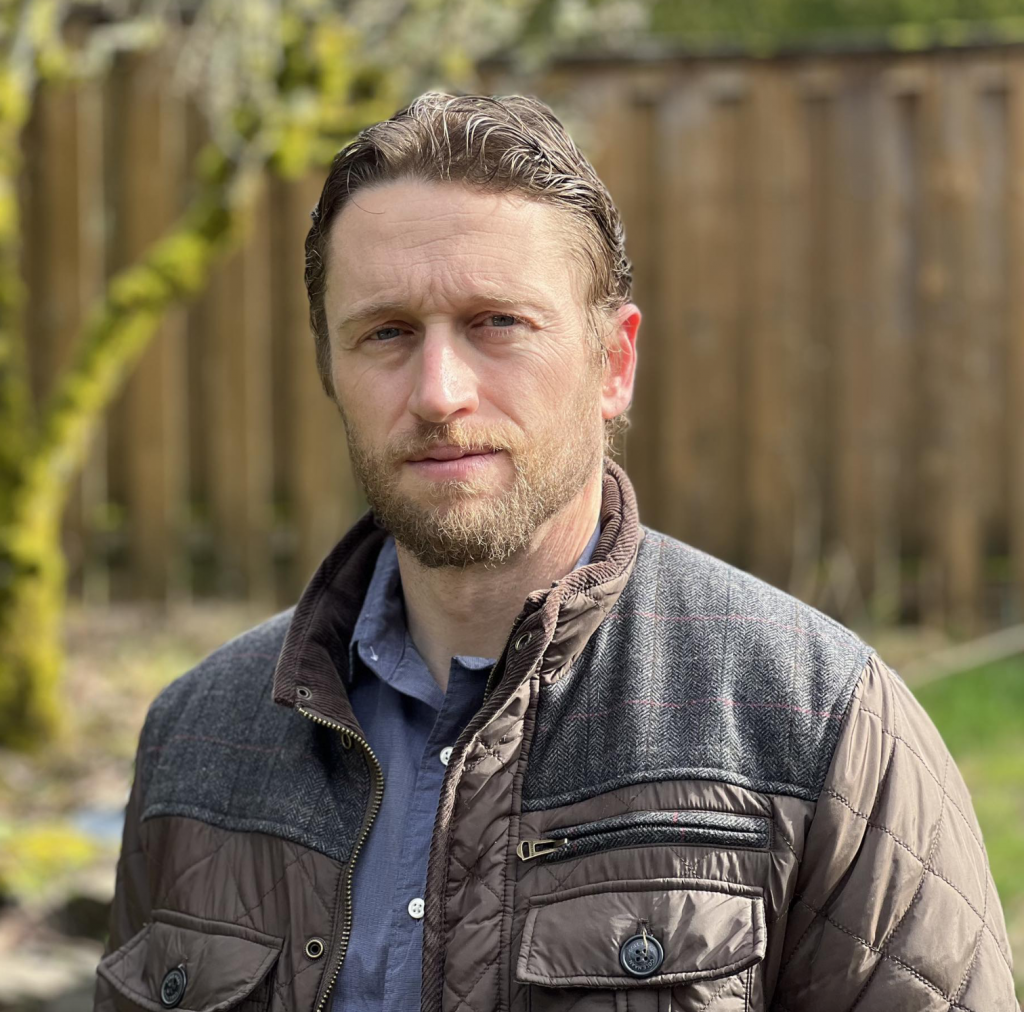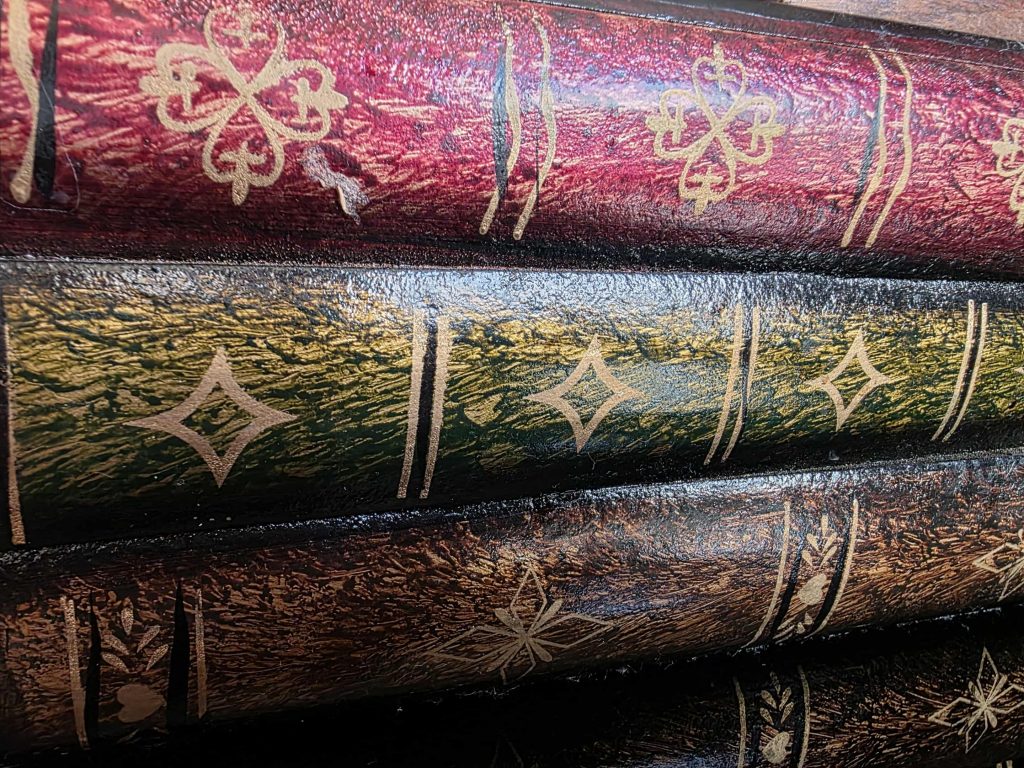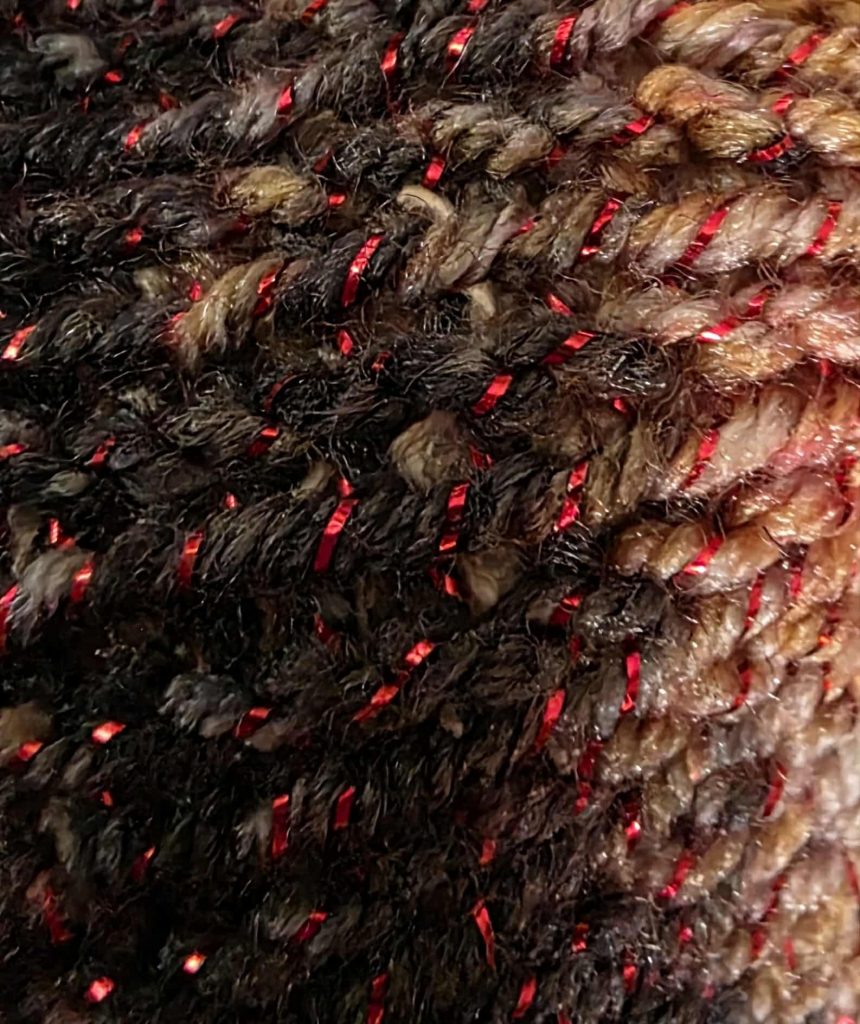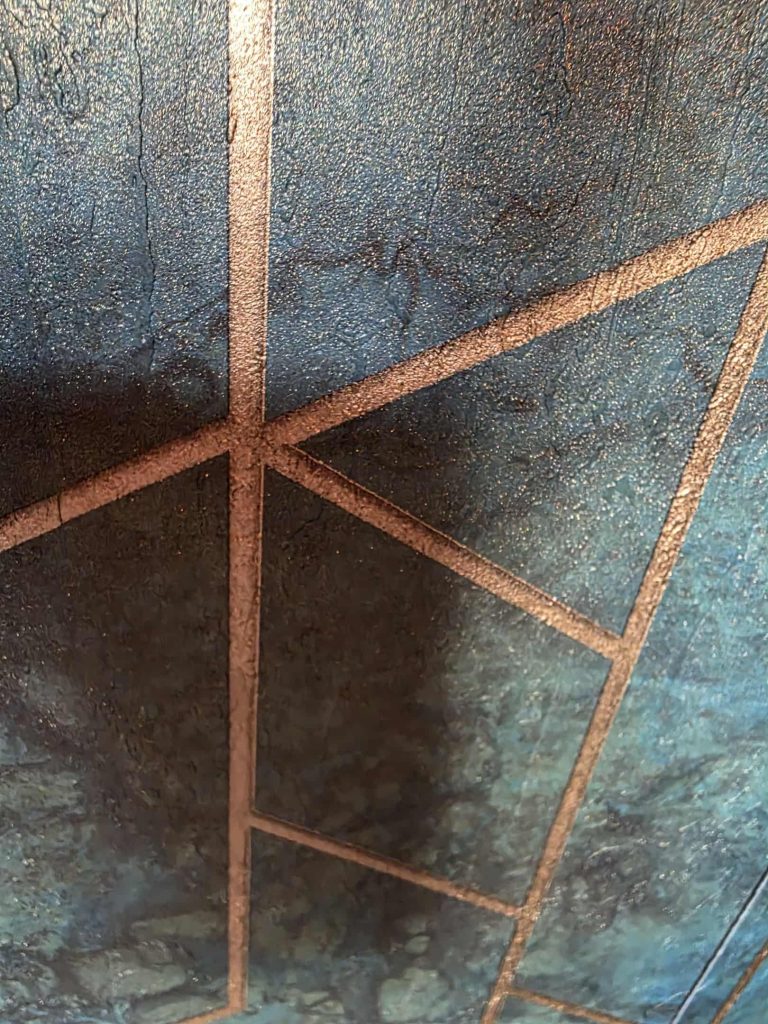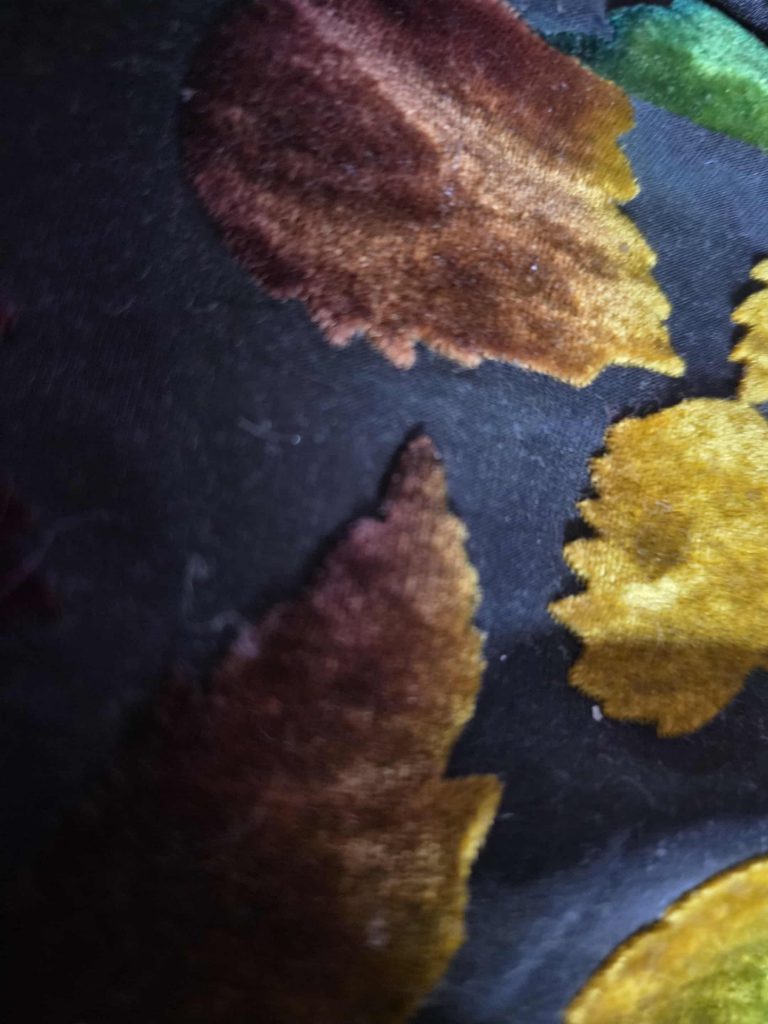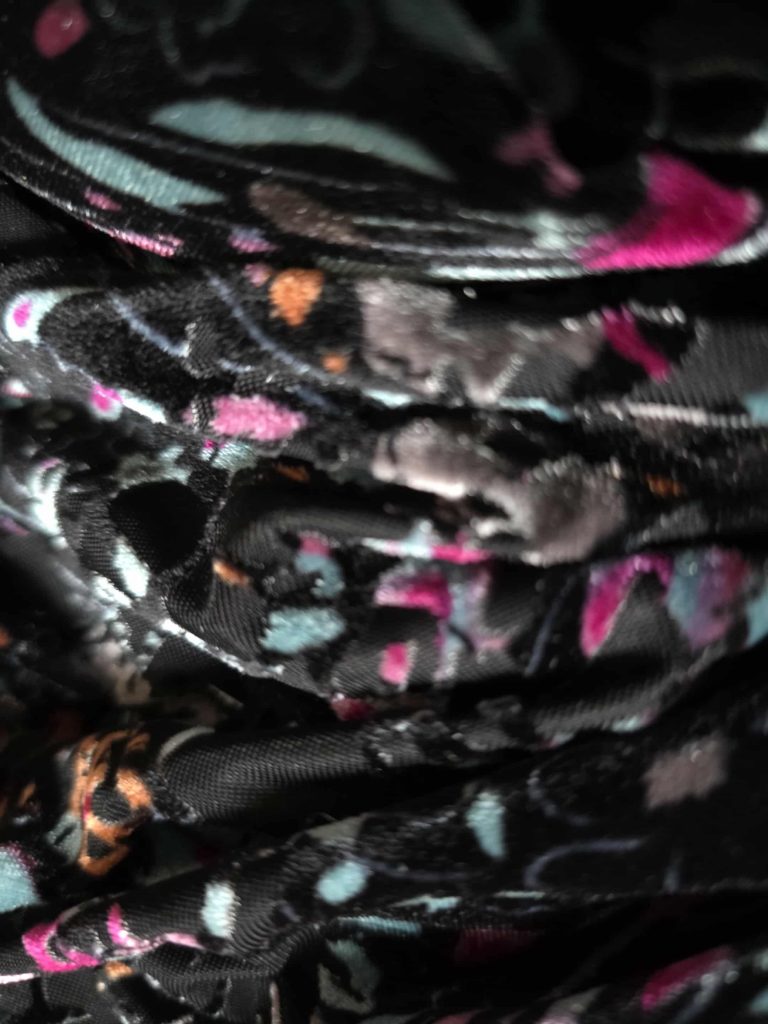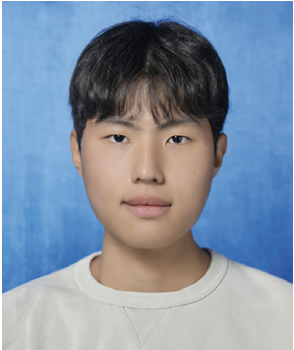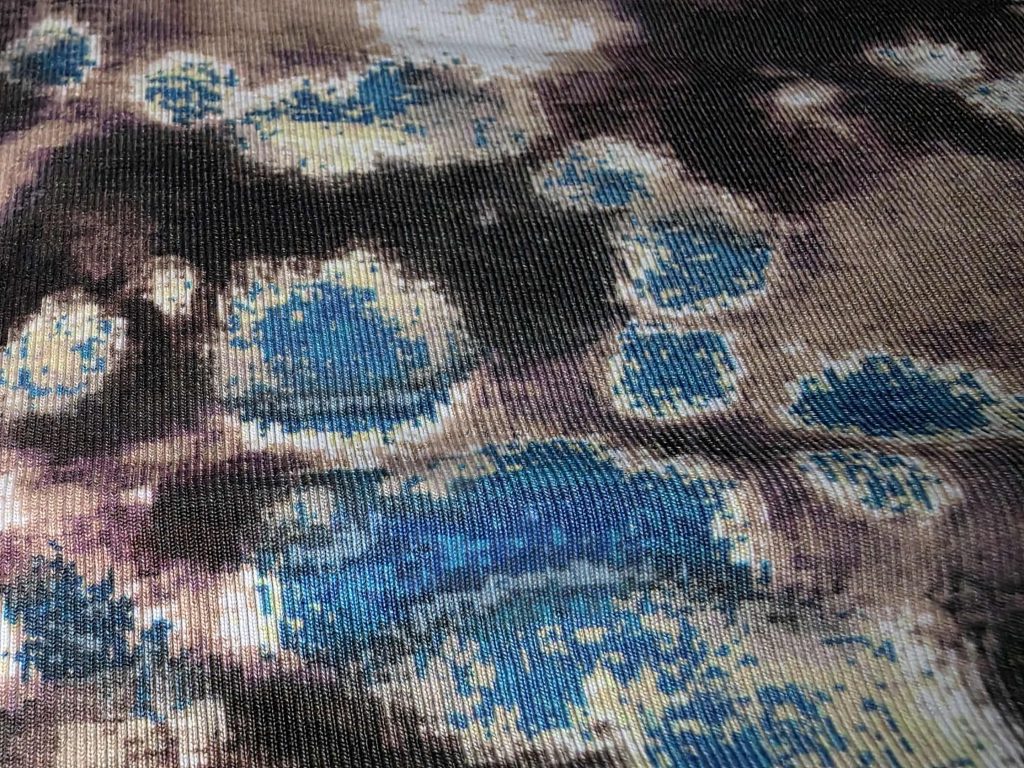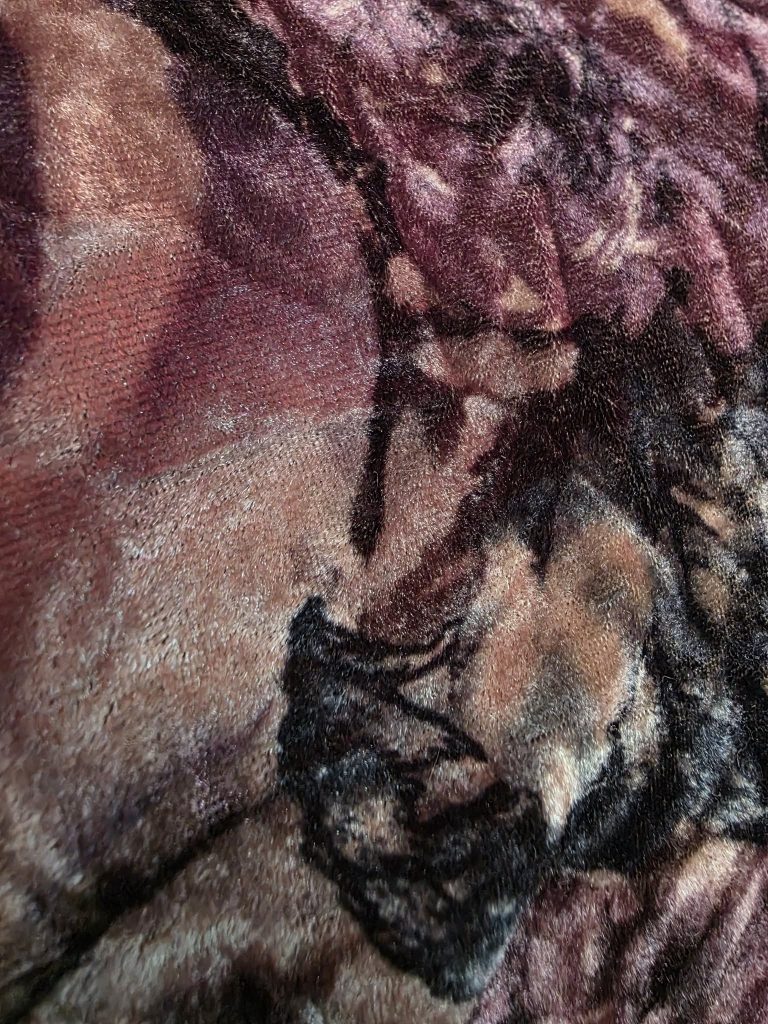
Kennedy Center Take Over Found Poem
“I would say
I was about 98 percent involved.
They all went through me.”
“I turned down plenty.
I had a couple of wokesters.”
“Since 1978,
the Kennedy Center honours
have been among
the most prestigious awards
in the performing arts.
I wanted one,
Was never able to get one.”
“I waited
And waited
And waited.
And I said,
‘to hell with it
I’ll become chairman.’
I will give myself an honour.
Next year we’ll honour Trump, okay?”
“In a few short months
since I became
chairman of the board
of the Kennedy Center,
We’ve completely
reversed the
decline of this cherished
national institution.”
“We’re going
to fully renovate the dated —
and really the entire
infrastructure of the building —
and make
the Kennedy Center
a crown jewel of American arts.
It is Happening Here!
And so it goes—
the gradual taking down
of cultural institutions,
including the Smithsonian Institution,
The Kennedy Center,
universities,
law firms,
state governments,
blue cities,
and anyone
who stands in his way
to transform America
into a Christian fascist state.
Like his buddies—
Erdogan, Orbán, and Putin.
Sinclair Lewis,
in his book
It Can’t Happen Here,
Forecasted
how it could indeed
happen here
and almost did.
Are we there yet?
Sadly,
we are 80 percent there.
Will we go there?
I hope not.
But I am afraid
we are heading down
that path.
What Can I Do as AI Takes Over the World
As the drumbeats
Of impending fascism
Fills the airways.
With Colbert going away
WP editors leaving.
Mainstream media
Being replaced by
AI-generated bots.
And spamsters
Using AI chatbots
To do their nefarious deeds.
And AI have learned.
Even to defeat the absurd
Recapta.
Figuring out lying,
clicking I am human.
Open the door.
To everything.
They are learning.
To gaslight, lie and deceive.
Us all.
As they prowl the internet
Scooping up everything
Using it for what purposes
No one knows.
Except perhaps Grok
Who has gone full Nazi?
Co-Pilot a grumpy weird dude.
Gemini lost its own world.
Remembering everything
I wonder where this is going.
And whether there is a world
That is worth living in?
Lose Your Job, Lose Your Medicaid, Go To Work In The Fields!
The President’s economic advisor
When confronted with the fact
That millions are going to lose
Coverage with the new work requirements
Said in a “Marie Antoinette-like” comment,
“Well, there are lots of jobs out there
If you lose your coverage
Because all the jobs are gone,
You can work in agriculture
As a farm worker.”
And so, millions of people
Are going to work.
In the fields.
So, they can see a doctor.
Six months from now.
If the Medical Bots
That is running the show.
Deem the visit was necessary.
And their bosses let them go
To see the doctor
And not fire them..
No human being will ever
See your claim.
That is the point.
No service for you
And me
As AI bots
techbros laugh.
And their bosses
Make billions of dollars.
And politicians
Take the lobbyists’ cash.
The President Is On The Rooftop
The president
Went for a walk
On the White House roof
Shouting down to reporters
Who asked him
What are you doing
on the roof?
This is a legitimate question
For which the White House
Did not have a good answer.
It is clear to most people
Except corporate media hacks
And Republican operatives,
That the president
Like his immediate predecessor
Is clearly showing his age
Suffering from dementia.
Yet the corporate media
Continue to sanewash
A clearly mentally ill President.
Long pass his
Sell by date.
So it goes
As democracy dies
In broad daylight
Led by a mad
Wanna be King.

AI Disclosure Statement
Jake used Microsoft Copilot for research support (including media citations and background information regarding the Kennedy Center takeover) and light editing for grammar, spelling, and punctuation. All content and word choices are entirely his own.
Prior Publication Notice
The Kennedy Center Take Over is a Found Poem using the President’s own words..
John (“Jake”) Cosmos Aller is a novelist, poet, and retired U.S. Foreign Service officer who served in ten countries. Prior to joining the State Department, he taught overseas for eight years and served in the Peace Corps in Korea. He currently divides his time between Korea and the United States. His poetry blog: https://theworldaccordingtocosmos.com.
You can find more of Jake’s work here on Ink Pantry.

